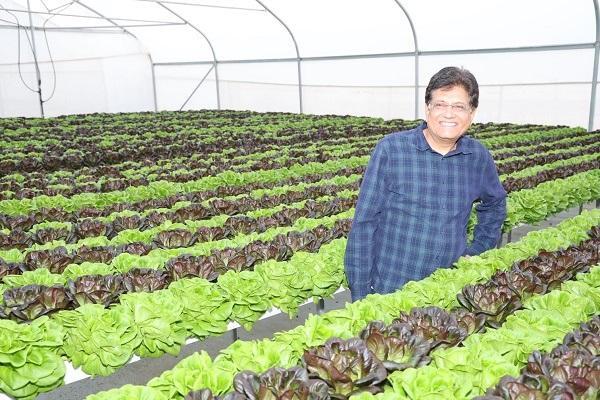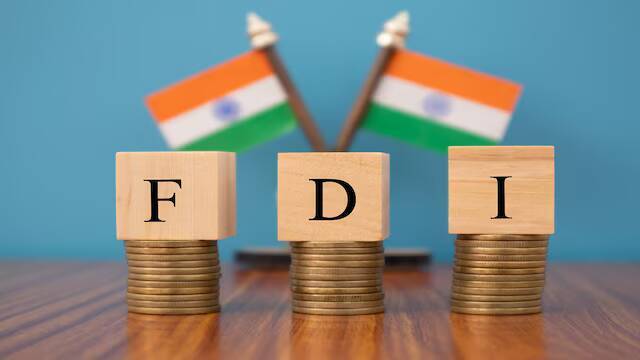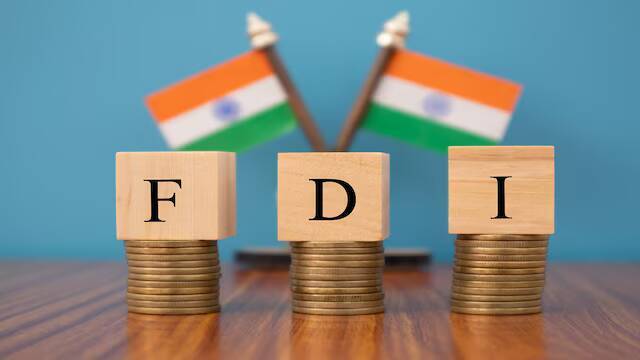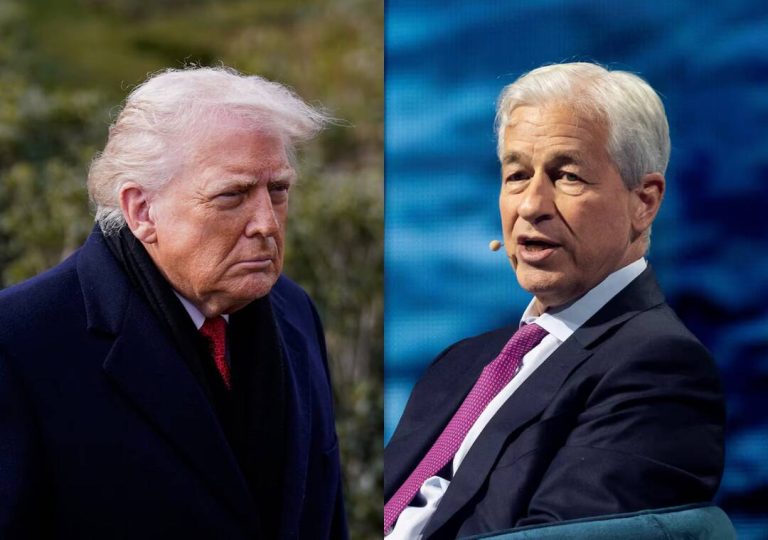
Piyush Goyal explores tech & sustainability in Israel
In a significant move to strengthen economic ties between India and Israel, Commerce and Industry Minister Piyush Goyal recently visited the Middle Eastern nation to explore opportunities for collaboration in the fields of technology and sustainability. During his visit, Goyal had the chance to experience firsthand the world-class mobility technology that Israel has to offer, as well as witness community-driven sustainable agriculture practices that have made the country a leader in this field.
One of the key highlights of Goyal’s visit was his experience with Israel’s cutting-edge mobility technology. The country is renowned for its innovative approach to transportation, with a strong focus on electric and self-driving vehicles. Goyal had the opportunity to see some of these technologies in action, including advanced public transit systems and smart traffic management solutions. These innovations have the potential to greatly improve the efficiency and sustainability of India’s own transportation networks, and Goyal’s experience in Israel will likely inform future policy decisions in this area.
In addition to his exploration of mobility technology, Goyal also had the chance to witness community-driven sustainable agriculture practices in Israel. The country is a global leader in agricultural innovation, with a strong emphasis on water conservation, precision farming, and other sustainable practices. Goyal visited several agricultural communities and saw firsthand the impact that these approaches can have on crop yields, water usage, and environmental sustainability. These experiences will likely be highly relevant to India’s own agricultural sector, where sustainable practices are becoming increasingly important.
Goyal’s visit to Israel also marked an important milestone in the economic relationship between the two countries. During his trip, he set in motion the process for free trade agreement (FTA) negotiations between India and Israel. This move has the potential to greatly increase trade between the two nations, with a focus on areas such as technology, pharmaceuticals, and agriculture. The FTA negotiations are expected to be completed within the next few years, and will likely have a significant impact on the economic ties between India and Israel.
In addition to his experiences with mobility technology and sustainable agriculture, Goyal also had the opportunity to witness other innovations that India can implement at scale. These included advanced water management systems, renewable energy solutions, and innovative approaches to urban planning. These technologies and practices have the potential to greatly improve the quality of life for Indian citizens, while also promoting sustainable development and economic growth.
Overall, Goyal’s visit to Israel was a highly successful and informative trip, with a strong focus on exploring opportunities for collaboration in the fields of technology and sustainability. The experiences and insights he gained during his visit will likely have a significant impact on future policy decisions in India, and will help to strengthen the economic ties between India and Israel.
As India continues to grow and develop, it is clear that the country will need to adopt innovative and sustainable approaches to a wide range of challenges. From transportation and agriculture to energy and urban planning, there are many areas where India can learn from other countries and implement new technologies and practices at scale. Goyal’s visit to Israel is a great example of this, and demonstrates the importance of international collaboration and knowledge-sharing in promoting sustainable development and economic growth.
In conclusion, Piyush Goyal’s visit to Israel was a significant move to strengthen economic ties between India and Israel, and to explore opportunities for collaboration in the fields of technology and sustainability. The experiences and insights he gained during his visit will likely have a lasting impact on India’s approach to these challenges, and will help to promote sustainable development and economic growth in the years to come.





